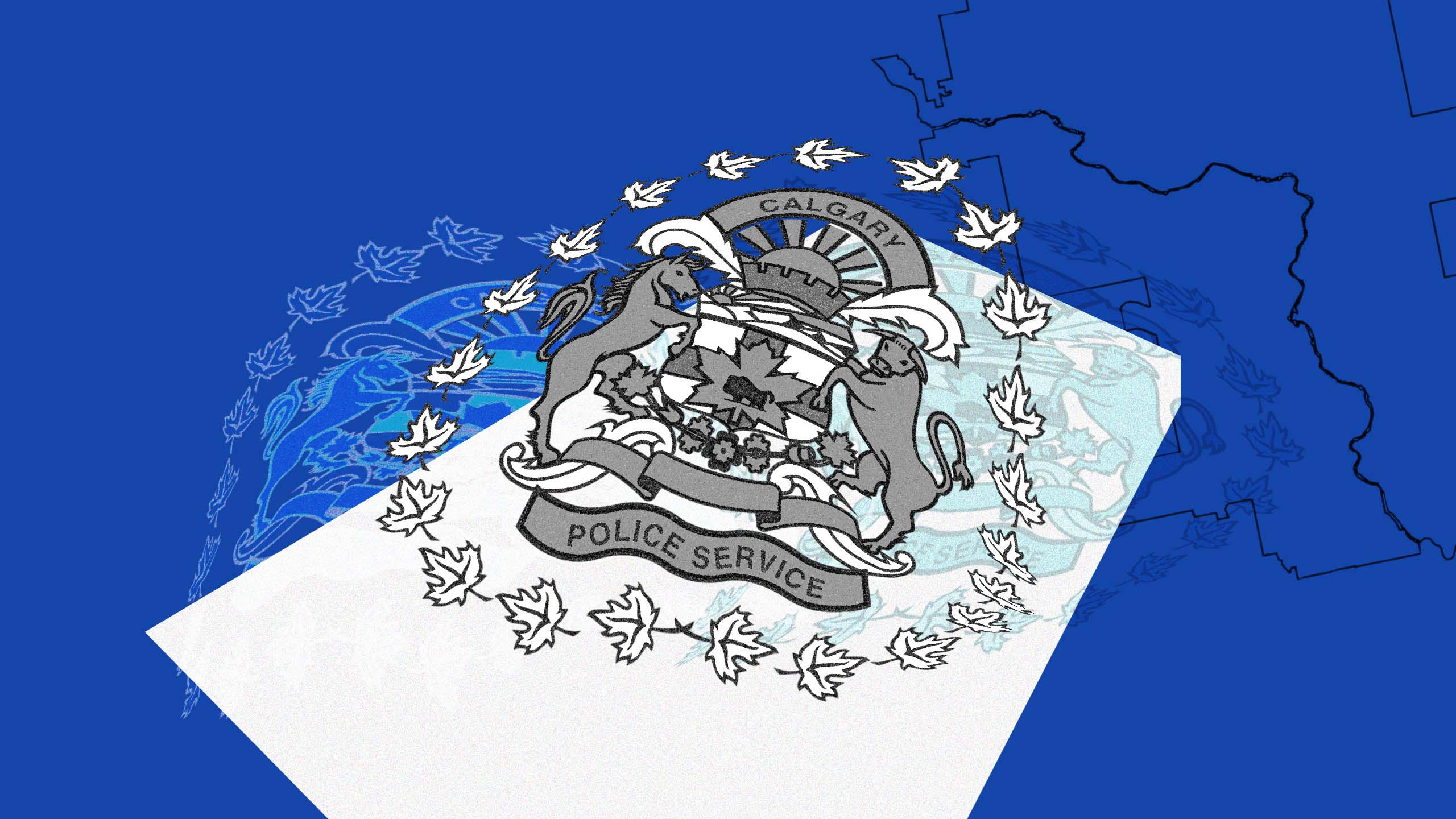Twenty years after the Calgary Police Service’s (CPS) notorious raid on a gay bathhouse, the organization has promised to commit to efforts of reconciliation with the LGBTQ2S+ community.
On Monday, CPS chief Mark Neufeld delivered a public acknowledgement that recognizes the lasting pain and trauma caused by the 2002 raid on the Goliath bathhouse in Calgary. Neufeld offered to expunge the criminal records of people affected by the raid, and concluded with a pledge to protect safe spaces for LGBTQ2S+ Calgarians and to protect people from hate-induced violence.
“There is no doubt from the Calgary police perspective that the raid at Goliath’s bathhouse was a flashpoint,” said Superintendent Asif Rashid, who oversees CPS’s 10 equity and diversity liaison committees, in an interview with CBC. “And we acknowledge that it caused a lot of trauma and hurt and degraded the legitimacy of our standing with that community.”
On the afternoon of Dec. 12, 2002, following multiple anonymous complaints, police officers and many other first responders stormed into Goliath’s, Calgary’s only gay bathhouse. Eighteen men were arrested and charged for being in a “common bawdy house” without a lawful excuse, including the owners. Ten arrested patrons opted for alternative measures outside the court system to settle their case. In exchange for receiving no criminal record, they had to admit guilt for being caught in a “common bawdy house.”
Charges against two other men were dropped, and six additional men opted to fight the charges in criminal court. The Crown presented no hard evidence in court about the presence of sex work in the establishment other than anonymous tips from the public. After two years of deliberation, the Crown opted to stay all charges, citing “changing community standards” of what was considered “indecent.”
Many community members felt that the operation violated their privacy and intruded on a safe space where gay men could explore their sexuality with some anonymity, particularly for those who may not be out to family and friends.
This is not the first time the Calgary police has made reconciliation efforts for the 2002 raid. In 2018, the CPS formally apologized for the raid and to those who were impacted by it. The latest effort aims to take reconciliation efforts even further by offering community members assistance with expunging their records and pledging to protect safe spaces.
Community members familiar with the 2002 raid believe that it is the first time a major Canadian police force has extended this type of assistance to victims of a gay bathhouse raid.
Canada has seen multiple bathhouse raids, including one in Toronto in 1981 that provoked mass outrage in the queer community that is considered to be “Canada’s Stonewall.” In contrast, the 2002 raid saw less rage in the community response, as the major LGBTQ2S+ debate of the time was focused on marriage equality.
But some members of the LGBTQ2S+ community still decided to organize. Keith Purdy, an employee at a bar connected to Goliath’s and a member of the police liaison committee of the time, led a group of activists into a media PR battle for the men who were set to go to trial. LGBTQ2S+ organizations in Toronto and Vancouver helped raise funds to pay for legal fees.
Goliath’s eventually reopened a few weeks after the raid, but scars remained. For many years, uniformed police officers were not allowed inside the bathhouse. Queer community members and law enforcement had a very strained relationship even amidst efforts by the advisory committee to build bridges. Relations improved when the CPS started marching in the Pride parade by the end of the 2000s, a move that was welcomed by many involved in the 2002 raid. However many LGBTQ2S+ people believe there is still a lot of work to do beyond the latest efforts of reconciliation.
“They need to publicly recognize their ongoing role in racism and discrimination and prejudice in our community, and they need to recognize that … they’re part of the problem,” said David Khan, a member of the LGBTQ2S+ community and a former leader of the Liberal Party of Alberta, to CBC.
Goliath’s is still operating. Andrew Brassard, a bookkeeper of the establishment at the time of the raid, took over as its owner 16 years ago. He celebrates its continued existence. “They did everything they could to shut this place down. A raid, like, you think that would shut it down. They brought in fire, they brought in AHS [Alberta Health Services], city licensing came in, like it was a coordinated effort to stamp this place out, and it’s still here, and I think that’s a representation of the resilience and strength of the community,” he told CTV News.


 Why you can trust Xtra
Why you can trust Xtra


